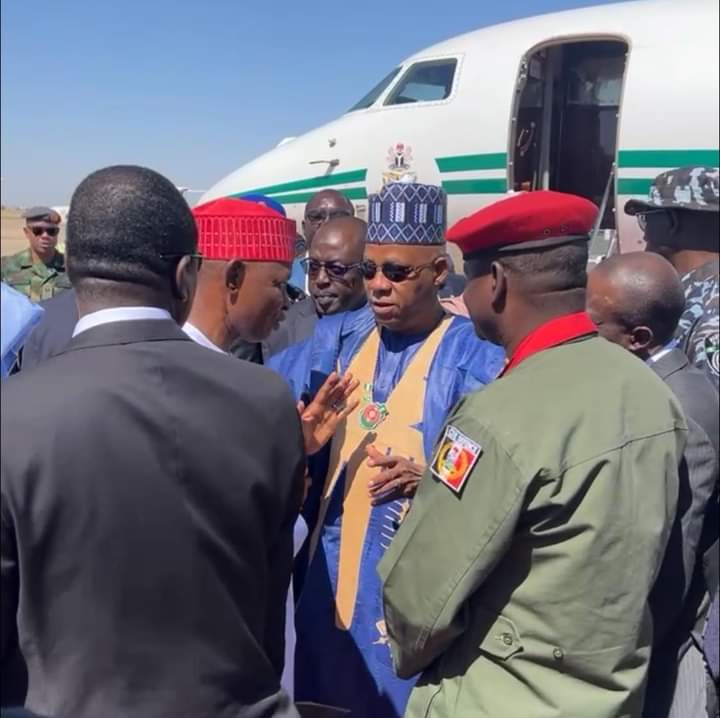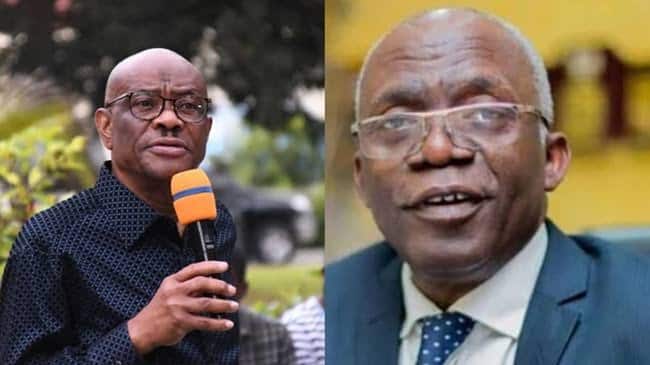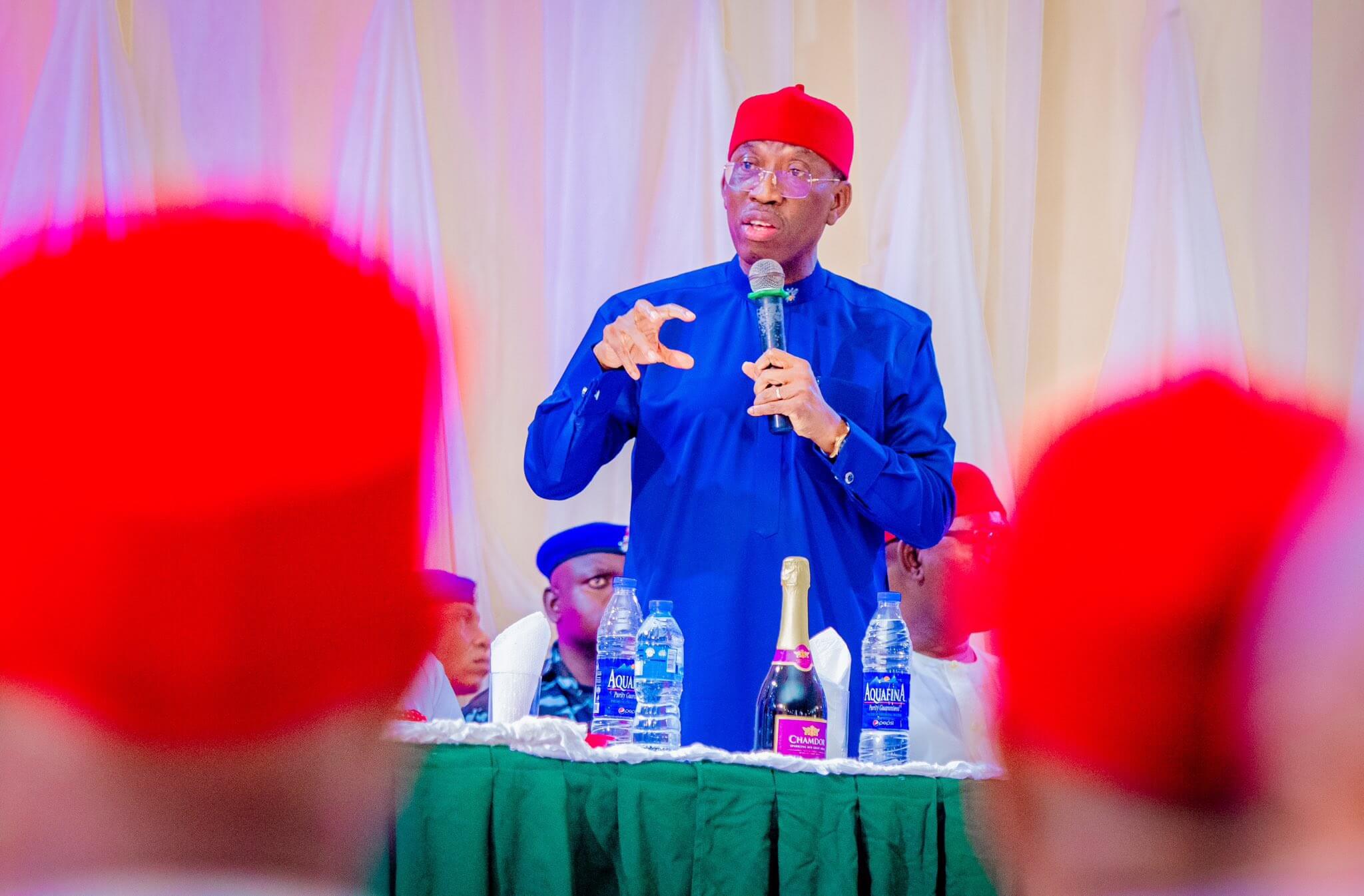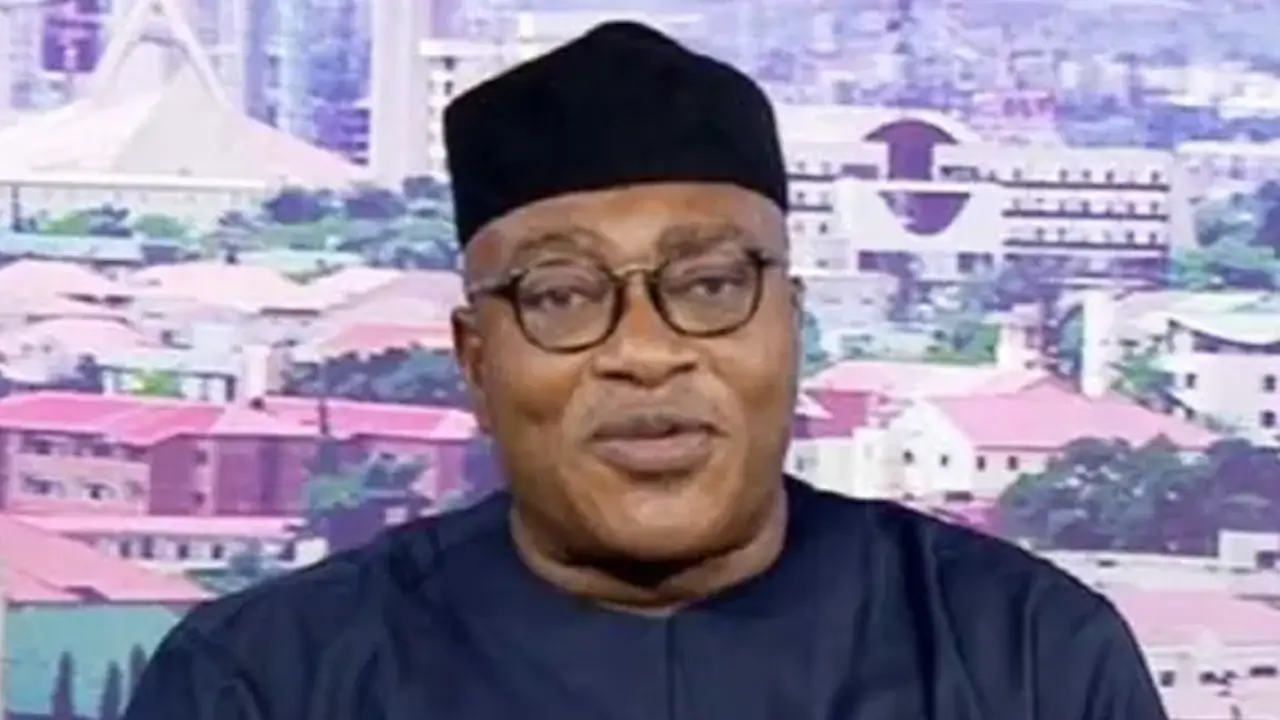At the ongoing climate change talks at the 29th Conference of the Parties (COP29) in Baku, Azerbaijan, various activist groups are urging world leaders to take bold action against fossil fuels to tackle the urgent climate crisis affecting the planet.
On Friday, which was marked as Energy/Peace, Relief, and Recovery Day, these groups held a peaceful demonstration at the entrance of the conference venue, calling the leaders to “Yasunize” the world . They expressed their concerns over the slow progress being made by leaders in addressing climate change.
 Civil Society groups demonstrating against fossil fuel deals in Baku
Civil Society groups demonstrating against fossil fuel deals in BakuAccording to the definition submitted to the Real Academia de la Lengua, the term ‘Yasunize’ describes demands from society for the protection of territories with great natural or cultural diversity against activities with serious environmental impacts such as oil and gas extraction, open cast mining, and other mega-projects.
On Friday, the group told COP29 participants that to “Yasunize” implies “keeping fossil fuel in the ground”. They emphasised that it is the necessity of conserving nature and community ways of life, placing the good life of people and planet higher than development in the scale of values, protecting human rights and the rights of nature.
“If Yasuní means sacred earth, then to Yasunize is to protect the sacred earth,” a statement published by Sussex University said.
In an effort to communicate their message to the COP29 participants, dozens of climate activists across civil society groups from Nigeria, Ecuador, and Philippines among others, were seen carrying placards and banners bearing different phrases.
As the leaders of the group spoke to the audience, they rallied everyone with a powerful slogan, asking, “What do we want?” The crowd responded enthusiastically, shouting back, “Yasunize the world!” They moved on to the next question, “When do we want it?” to which a united “Now” rang out from the crowd.
Nigerians need credible journalism. Help us report it.
Support journalism driven by facts, created by Nigerians for Nigerians. Our thorough, researched reporting relies on the support of readers like you.
Help us maintain free and accessible news for all with a small donation.
Every contribution guarantees that we can keep delivering important stories —no paywalls, just quality journalism.
Finally, they asked, “How do we want it?” and the response emphasised the importance of recognising, protecting, and supporting vulnerable communities and countries.
“infertility in Niger Delta”
In her address, Emem Okon, Kebekatche Women Resource Centre in Nigeria, argued that continued oil exploration activities in the Niger Delta region of Nigeria is causing fertility problems across communities.
“It’s time to stop it,” she said, adding that “there should be no more oil wells in our communities because oil is making women sick. Oil extraction is causing fertility problems in women. Oil extraction is making us drink polluted water.”
She lamented that oil extraction makes them eat polluted food and that it is putting hydrocarbons in their body.
“It is time to Yasunize the world. It is time to stop them from lifting not even a barrel of oil from our communities,” Mrs Okon said.
She said the women in the Niger Delta are tired of losing their children, husbands, mothers and tired of living with oil wells in their communities.
 Emem Okon, Kebekatche Women Resource Centre in Nigeria
Emem Okon, Kebekatche Women Resource Centre in Nigeria“We are tired of living with pollution as our neighbours. Support the women around the world, support the women in the Niger Delta, support the women, we are suffering the impacts, the effect of pollution in the Niger Delta,” she said.
 Martins Olamide from Corporate Accountability and Public Participation for Africa (CAPPA)
Martins Olamide from Corporate Accountability and Public Participation for Africa (CAPPA)In his remarks, Martins Olamide from Corporate Accountability and Public Participation for Africa (CAPPA), said “Yasuni” has provided us with a template worthy of consideration and adoption.
“We seem to have exhausted our coping capacities. Africa is burning, the global south is burning and the people therein are suffering. Enough of investment in oil and gas expansion. Enough of money going to the carbon market and not climate finance,” he said.
He said all they want as Africans and the global south is investment in alternatives that protect their identity, culture and heritage.
Mr Olumide said they want investment that preserves Africa’s food systems and allows us to be who we are without anybody determining who we should be and what we should do.
“Across Africa, across Nigeria, there’s an ocean surge, People are being displaced of their heritage. There’s a lingering economy and non economic losses. And here we gather every year to sing old songs and repeat old melodies,” he explained.
He added that “We are tired of repeating old mistakes. What we want is a template that the people of Yasuni has provided. Keep oil in the ground, invest in renewables not in carbon and be allowed to breathe.”
Ecuador
 Ivonne Yanez, a climate activist with Accion Ecologica in Ecuador.
Ivonne Yanez, a climate activist with Accion Ecologica in Ecuador.On her part, Ivonne Yanez, a climate activist with Accion Ecologica in Ecuador, described Ecuador as a very small country but with very big ideas.
“The people in Ecuador have been fighting to keep fossil fuels in the ground for decades. Last year in August 2023, 60% of the population voted in a referendum, in a popular national consultation to keep fossil fuels on the ground in one part of the Yasuni National Park,” she said .
Based on this, Ms Yanez said they are calling on all the delegates, instead of asking for financing or offsets, “we are asking to Yasunize the world”.
“To make all the countries Yasunize everywhere. To keep fossil fuels on the ground. To stop all the expansion of fossil fuels borders and frontiers,” she noted.
She said the call has to do with protecting the rights of the people that live in places like Ogonis, in south America, latini and south east Asia suffering because of oil exploitation.
She argued that all the discussions and resolutions at the ongoing COP are tilting towards continuing with the extractions of fossil fuels that are in the territories mainly in the South, that means continuously violating the rights but also increasing the climate change.
“So what we are asking is Yasunizing the world. Let’s make thousands and thousands of leaders Yasunis. Thank you,” she added.
Kentebe Ebiaridor – ERA/ Oilwatch International – Nigeria
In Philippines
 Jenna Rodgriguez, a climate activist from the Philippines
Jenna Rodgriguez, a climate activist from the PhilippinesJenna Rodgriguez, a climate activist from the Philippines, lamented that they have experienced at least four major weather events this year that have destroyed lives, destroyed homes and killed people in her country .
She said just this November was record breaking for them because they have experienced four new storms, which was last seen in 1951.
“The storms are getting worse by the year as the climate crisis worsens. All the biggest polluters are here, sitting in the comfy chairs, talking and trying to warm each other up to increase their private profits,” she said.
She explained that the people of Southeast Asia are saying “enough is enough”.
“No more of these false negotiations where the only thing being decided is rich countries get to profit the most. Today we gather to amplify the call for climate justice,” she said.
COPs agenda and concerns
At COP28 last year, countries agreed for the first time to “transition away from fossil fuels in energy systems”, dubbed the “UAE Consensus”.
Concerns over language calling for a “phase-out/phase-down of fossil fuel” and other weak emphasis highlighted in the negotiation text before an agreement was reached among the parties, triggered major debate among parties and climate negotiators.
Despite this, a clear roadmap/timeline as to when the agreement would come into force is still lacking as fossil fuel sales and exportation continue to grow globally.
This year, the COP29 agenda is expected to be anchored on climate finance, mitigation, and adaptation, with the New Collective Quantified Goal (NCQG) designed to provide support for vulnerable communities in global climate solutions.
 Civil Society groups demonstrating against fossil fuel deals in Baku
Civil Society groups demonstrating against fossil fuel deals in BakuThe COP29 President opened the summit by setting clear expectations for how global leaders must enhance ambition and enable action during the conference.
“COP29 is a critical moment for global leaders to come together and demonstrate their collective commitment to climate action,” organisers said.
However, this year’s COP summit is struggling to focus minds on the wellbeing of the planet, amidst perceived turbulent geopolitics moves, oil and gas enthusiasts/confrontational host and the reelection of climate sceptic, US President Donald Trump, has further taken over the limelight.
The famous annual climate conference that aims to produce global agreements to limit the warming planet pushing the world towards climate catastrophe is becoming a forum of frustration for negotiators seeking a finance deal in the Caspian Sea city of Baku.
READ ALSO: COP29: Experts decry Africas climate finance shortfalls
Similarly, some COP participants have described the gathering as an annual pilgrimage for the reunion of friends and family members across the globe amidst lingering indecisions on world polluters.
This year’s summit, which began on Monday, commenced with a dispute about the agenda, but the host nation managed to secure a deal after parties reached consensus on carbon credit quality standards which are critical to launching a U.N-backed global carbon market that would fund projects that reduce greenhouse gas emissions.
This report is published as part of COP29 Reporting Fellowship of the Centre for Journalism Innovation and Development
 Civil Society groups demonstrating against fossil fuel deals in Baku
Civil Society groups demonstrating against fossil fuel deals in BakuSupport PREMIUM TIMES' journalism of integrity and credibility
At Premium Times, we firmly believe in the importance of high-quality journalism. Recognizing that not everyone can afford costly news subscriptions, we are dedicated to delivering meticulously researched, fact-checked news that remains freely accessible to all.
Whether you turn to Premium Times for daily updates, in-depth investigations into pressing national issues, or entertaining trending stories, we value your readership.
It’s essential to acknowledge that news production incurs expenses, and we take pride in never placing our stories behind a prohibitive paywall.
Would you consider supporting us with a modest contribution on a monthly basis to help maintain our commitment to free, accessible news?
TEXT AD: Call Willie - +2348098788999

















 English (US) ·
English (US) ·